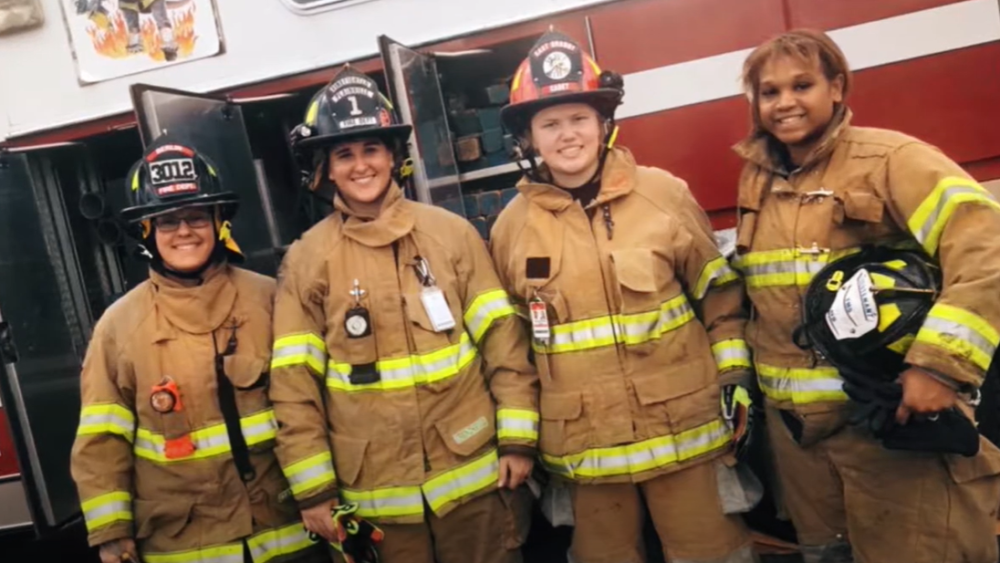“The American fire service is the least diverse publicly funded service in this country, and has been for years,” says Fire Chief (ret.) I. David Daniels of the Fulton County (Georgia) Fire Department. “We are more diverse today than we were yesterday, but we should be more diverse tomorrow than we are today. Don’t just talk about it; be about it.”
Fire service leaders are speaking out about diversity and inclusion in the fire service in a powerful new video.
The Center for Fire, Rescue & EMS Health Research developed the video for “United in Service,” a collaborative training initiative focused on diversity and inclusion in the fire service. The video is the first in a series of resources for firefighters and fire departments to increase awareness of the importance of inclusion issues.
Among the many fire service leaders who speak up in the video are Tonya Hoover, U.S. Fire Administration deputy fire administrator; Deputy Chief Billy Goldfeder of the Loveland-Symmes (Ohio) Fire Department; Captain Angie Hughes, president of Women in Fire; and Ron Siarnicki, director of the National Fallen Firefighters Foundation (NFFF).
Researchers at the Center for Fire, Rescue & EMS Health Research partnered with Cultural Bridges to Justice, a fire service-run organization focused on diversity and inclusion, to develop the United in Service training – a series of trainings designed for and by the fire service to highlight the research behind these important topics, education on what the topics mean, and practical steps to make departments better able to respond to an evolving workforce.
Sara A. Jahnke, Ph.D. – director and senior scientist with the Center for Fire, Rescue & EMS Health Research, and a FireRescue1 columnist – explains that the video was funded by an Assistance to Firefighters Grant (AFG) program Research and Development grant focused on female firefighters. The research found that one of the most significant impacts on firefighters’ mental health was experiences of discrimination and harassment.
“Firefighters tend to be a very resilient group,” Jahnke says. “Data from our study and others focused on behavioral health suggest that key drivers of fire service resilience are the relationships and support fostered around the kitchen table and through the informal support firefighters give each other. Those relationships are key to reducing behavioral health risks and work perfectly to foster resilience.”
Jahnke explains that findings from the study indicated that when that relationship is undermined and firefighters are excluded from the protective effect of those kitchen table types of relationships and conversations, they suffer both mentally and physically.
“Imagine feeling that oddness because people are intentionally not making you welcome. That’s ridiculous,” Goldfeder says in the video.
The study findings highlighted the need for improving acceptance and support of inclusion and diversity in the fire service as a way of improving behavioral and physical health for all firefighters.
Chief Toni Washington of the Decatur (Georgia) Fire Department also shares: “We have to be the example for others to follow. We’ve done enough talks. Now we need to put actions behind our words.”













